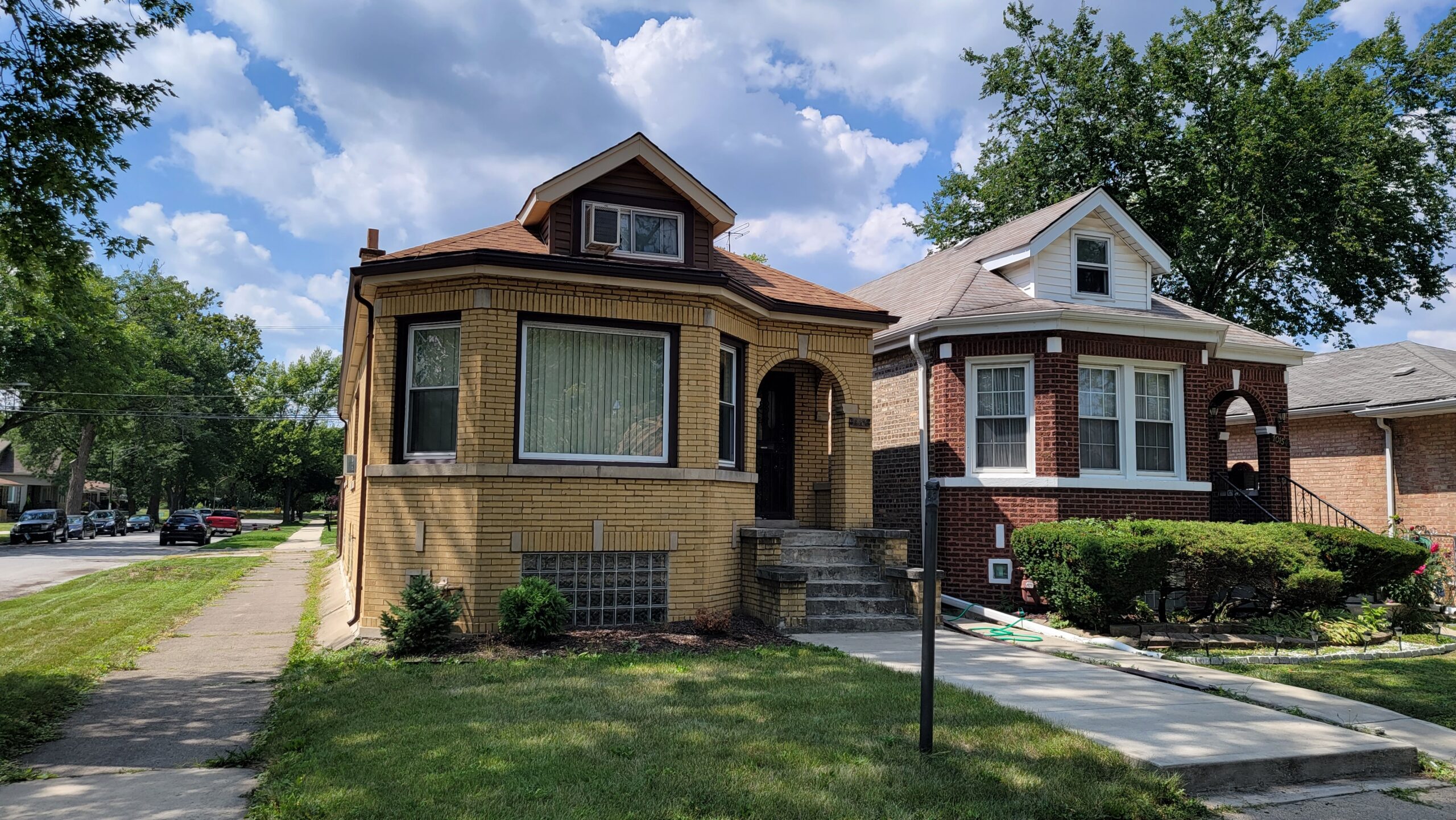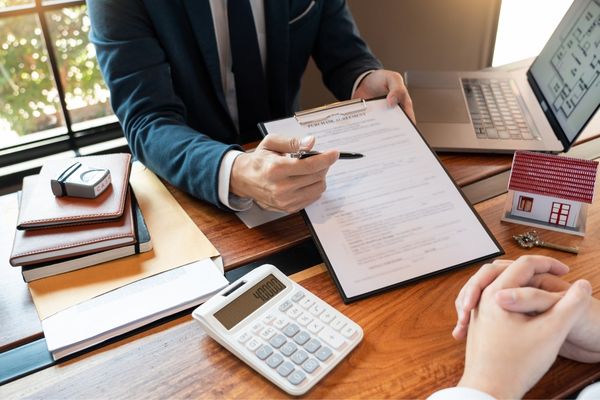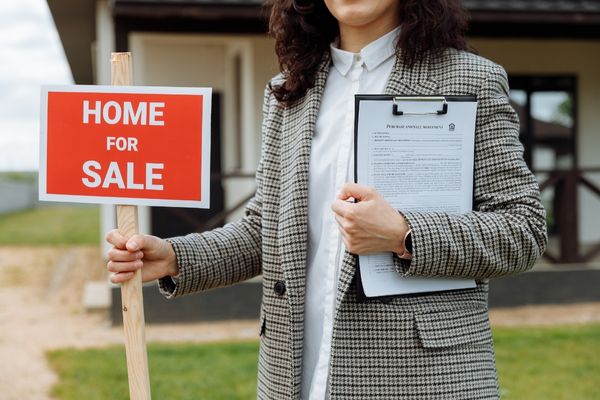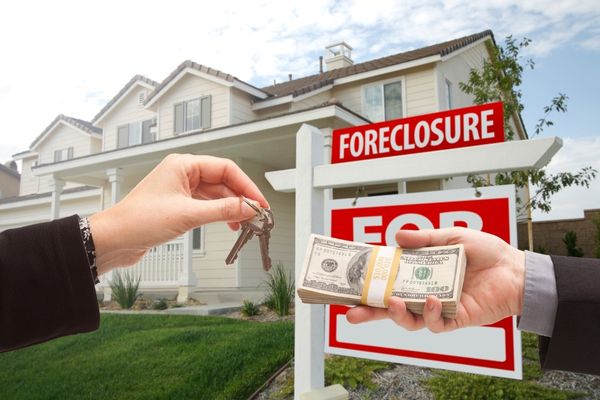If you are a homeowner and have fallen behind on your mortgage payments, you are probably feeling anxious about the risk of a foreclosure. Sometimes stress can come from not knowing what to expect. This process can be technical and complicated, but homeowners have certain rights to protect. You can explore this site for guidance on specific issues related to foreclosure, while this section offers general responses to questions that commonly arise.
What is a foreclosure?
A foreclosure is the process by which a lender repossesses a home from a homeowner when they fail to keep up with their monthly mortgage payments. Unless they can work out an alternative to the foreclosure with the lender, the homeowner will need to move out. If the home is underwater, meaning if it is worth less than the outstanding balance on the loan, the lender may be able to pursue the homeowner for a deficiency judgment. Similar to bankruptcy, foreclosure can have a devastating impact on a consumer’s credit and hinder their ability to purchase another home in the future.
How long does a foreclosure take?
Depending on the state you live in a lender might be able to complete a foreclosure within a few months. If you are in a judicial state, the process might extend for a year or longer. If a court dismisses the foreclosure without prejudice, the timeline would start from the beginning if the lender pursues a foreclosure again.
Who pays foreclosure costs?
If the homeowner pays off the loan, they will be responsible for covering the foreclosure costs. However, if the property is sold, the new owner of the property will cover the costs after buying it at an auction. There are cases where the lender will buy the property at an auction. This means that they will be responsible for covering the foreclosure costs, which they will try to recoup by reselling the property.
What are the documents involved in a foreclosure?
The promissory note and the mortgage or deed of trust are the key documents involved in a foreclosure. Lenders will also need to provide evidence of the missed payments, the remaining amount on the loan, the address of the property, any additional charges, and any modifications made to the original agreement.
What should I do when I get notified of missed payments?
You should contact the loss mitigation department at your lender. Ideally, you should do this as soon as you are aware that you cannot make a payment or will not be able to make payments for a certain time. The sooner that you act, the more options that you may have available to work out an alternative to the foreclosure. You will likely need to provide the loss mitigation department with your financial information so that they can determine the options you may qualify for. You should not just ignore notifications from your lender and hope that they go away.
Can I get free housing counseling?
Yes, you can contact the U.S. Department of Housing and Urban Development (HUD) online or by phone to get recommendations for housing counseling agencies that it approves. Usually, these agencies offer housing counseling and credit counseling for minimal or no cost. If you want more advice, you may want to set up a consultation with a foreclosure attorney. The first consultation is often free.
Are there alternatives to foreclosure?
Yes, there are many different alternatives to foreclosure. Some of them are relatively permanent, while others may be temporary solutions. Certain alternatives allow you to stay in your home, while others provide a less disruptive and damaging way to move out than foreclosure. Depending on your situation, you may be able to modify your loan to reduce the monthly payments in exchange for extending the loan term. You may be able to get a short-term forbearance agreement or repayment plan to account for a temporary hardship. If you have decided to move out, you can potentially arrange for a short sale or a deed in lieu of foreclosure to avoid the negative impact of foreclosure on your credit.
Can I reduce my loan payments so that I can stay in my home?
Lenders often offer loan modifications, or they may accept partial or late payments for a limited period as long as the homeowner agrees to eventually catch up. If your mortgage is owned by Fannie Mae or Freddie Mac, you may have additional options available to you. A modification also may involve reducing the interest rate on the loan for a certain period. You will most likely need to fill out a loan modification application and explain the hardship that is preventing you from keeping up with your monthly payments. If you fail to keep up with the reduced payments, the lender can start the foreclosure process again and may not be inclined to offer another modification.
Can I sell my house for less than what I owe on my loan?
This is known as a short sale and may be an option as long as there is only one mortgage in place. If you have taken out multiple mortgages, you may need to get the consent of the subsequent mortgage owners, which would be unlikely because they would get nothing from the sale. If you get consent from the lender for a short sale, you can sell your home for a price less than the amount owed on the mortgage, and the lender cannot pursue you for the deficiency. A short sale can leave you with less debt and a stronger credit rating than a foreclosure.
Can I just give my house to the lender?
Yes, this is known as a deed in lieu of foreclosure. However, the lender will be responsible for selling the house. The lender may have the right to sue you for a deficiency after the sale unless you can get a written agreement to the contrary. Similar to short sales, you probably will not have this option if you have multiple mortgages on your home. Lenders tend to prefer short sales to deeds in lieu of foreclosure because the homeowner is responsible for selling the home in a short sale.
What is the impact of bankruptcy on foreclosure?
Bankruptcy in many cases does not necessarily prevent a foreclosure, but it can delay it. Filing under Chapter 13 can allow you to keep your home by combining your debt on the mortgage into your repayment plan. This assumes that you have sufficient income to keep up with monthly payments under the plan. If you need to file under Chapter 7, however, you probably can expect only to delay rather than prevent a foreclosure. The automatic stay that accompanies a bankruptcy will pause the foreclosure until the lender gets permission to lift the stay and proceed with the foreclosure. Delaying the process can give you time to plan a move.
What happens to a tenant in a foreclosed property?
There are certain laws to protect tenants in a foreclosed property. If they are renting under a lease that started before the foreclosure, they can stay until the end of the lease unless the new owner of the property plans to live there. In that situation, a tenant with a lease is entitled to a 90-day notice period before being asked to move out. If a tenant has no lease, the new owner can remove them after a 90-day notice period, regardless of whether they plan to live on the property. (It is important to know State laws when it comes to tenants). Tenants who live in foreclosed properties often find that the condition of the property declines sharply after the foreclosure, so they may prefer to move before the lease ends anyway.
What do I do if I am on active military duty during a foreclosure?
Military service members have certain rights during a foreclosure. The lender must pursue a judicial foreclosure instead of a non-judicial foreclosure, which means that they need to file a lawsuit in court to foreclose on the property. This makes the process much more involved and time-consuming; many lenders will not find it worthwhile to foreclose.












